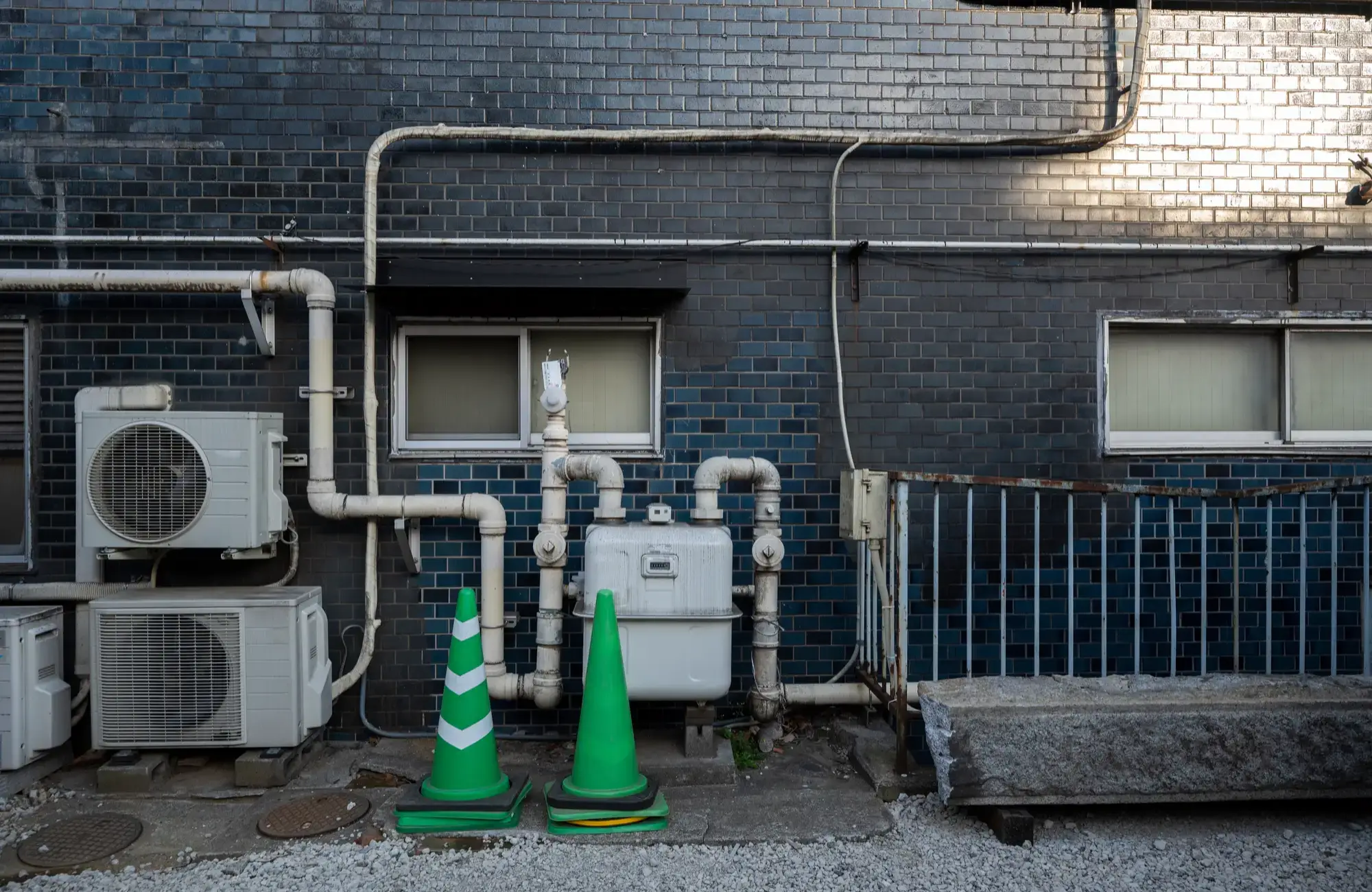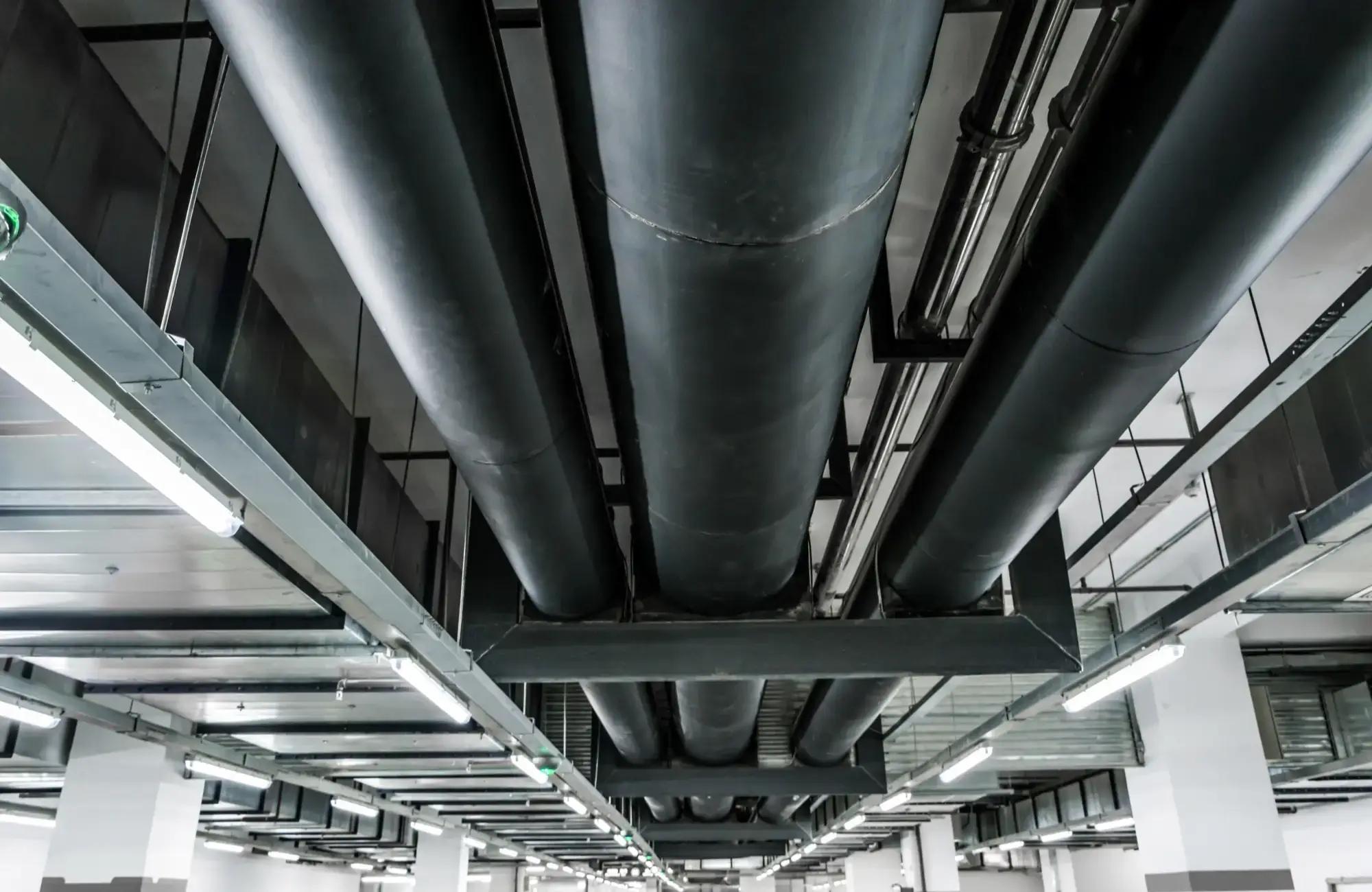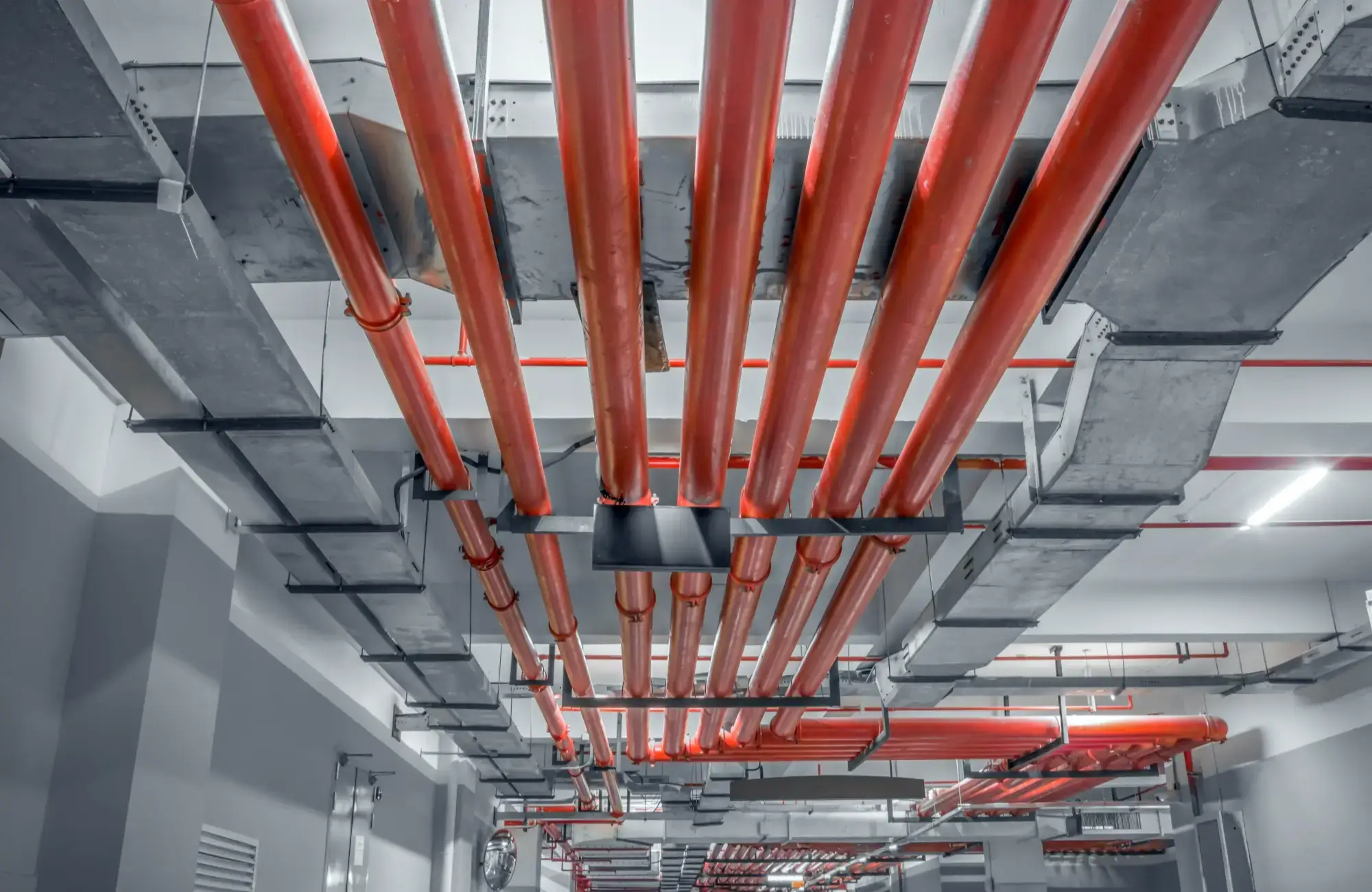
Understanding Pipeline Failures
To safeguard pipeline safety, operators must be well-versed in the root causes of pipeline failures. This proactive understanding helps in avoiding similar issues in the future. Pipeline risk assessment is a cornerstone of pipeline integrity management. Though numerous software tools exist for this purpose, specialized situations often demand the expertise of external risk assessment professionals.
Our lab is equipped to handle full-length pipe joints and a variety of materials and components. Following established testing protocols, we conduct exhaustive evaluations including material property tests, fractography, and microscopic analysis. Our specialists are familiar with defects or conditions that can lead to pipeline failures, from seam and weld defects to environmental cracking, corrosion, mechanical damage, and beyond.
- A detailed written report on the failure cause provided within a designated time frame once materials and authorization are received.
- Expert participation in investigations led by the National Transportation Safety Board and/or Pipeline and Hazardous Material Safety Administration.
- Prompt on-site failure investigations.
- Immediate response services available on short notice.
With cutting-edge equipment and facilities at our disposal, we guarantee top-notch failure analysis and welding consultation services.
Kiefner specialists have a proven track record, having collaborated with individual pipeline operators and industry groups to develop risk ranking models, including the notable “NYGAS” model.
- Probabilistic assessments using fault tree analysis and Monte Carlo simulations.
- Analyses for threats like external corrosion, stress corrosion cracking, and more.
- Evaluation of site conditions, land usage, and facility operation to gauge potential community impact.
Pipeline operators partnering with Kiefner for service evaluations can be assured of a heightened trust in their pipeline integrity management strategies. Engage with us for unparalleled expertise and precision in pipeline risk assessment and failure analysis.




